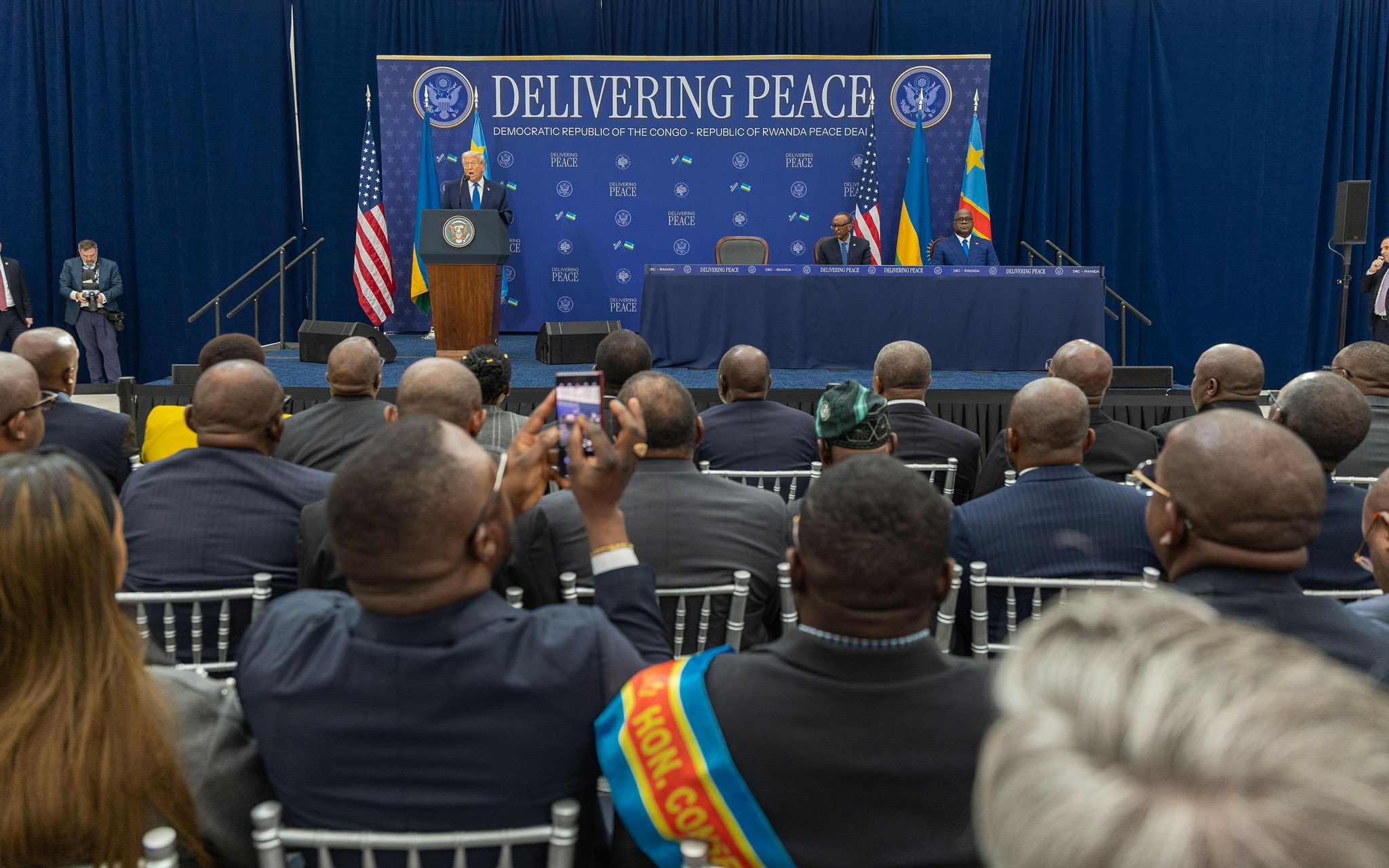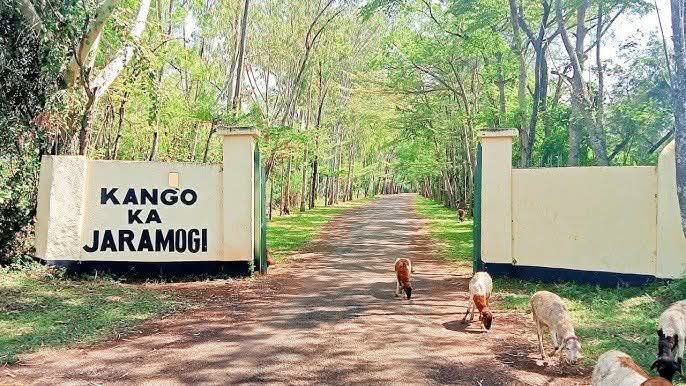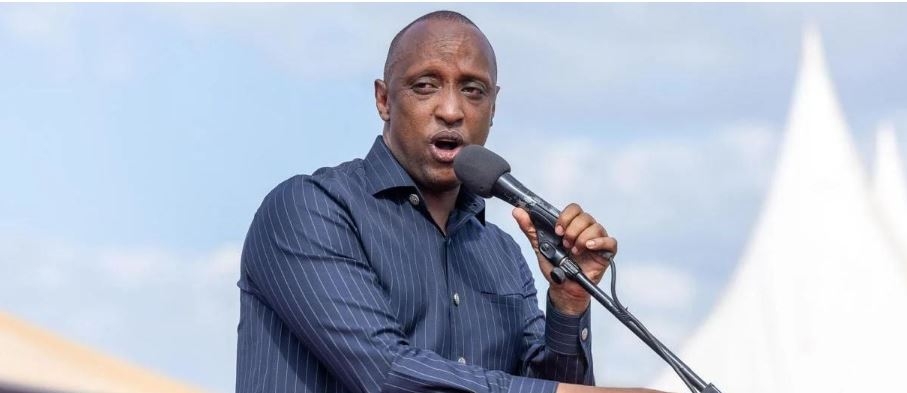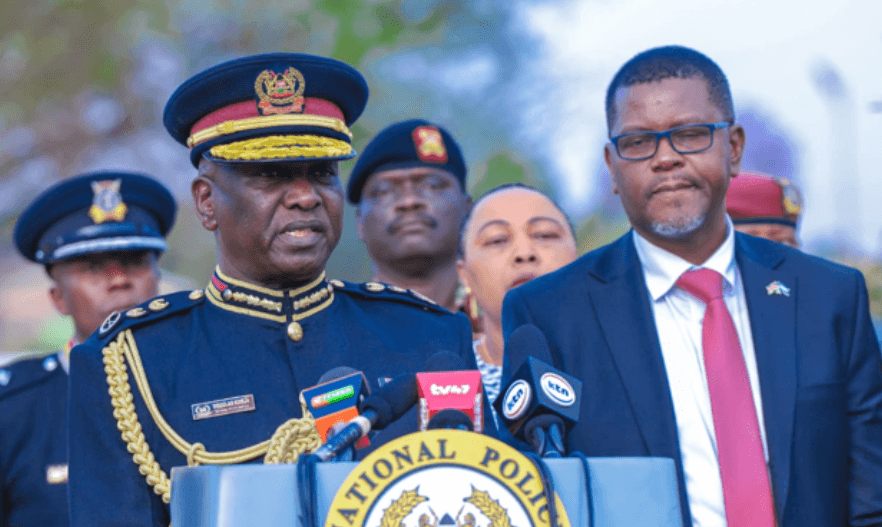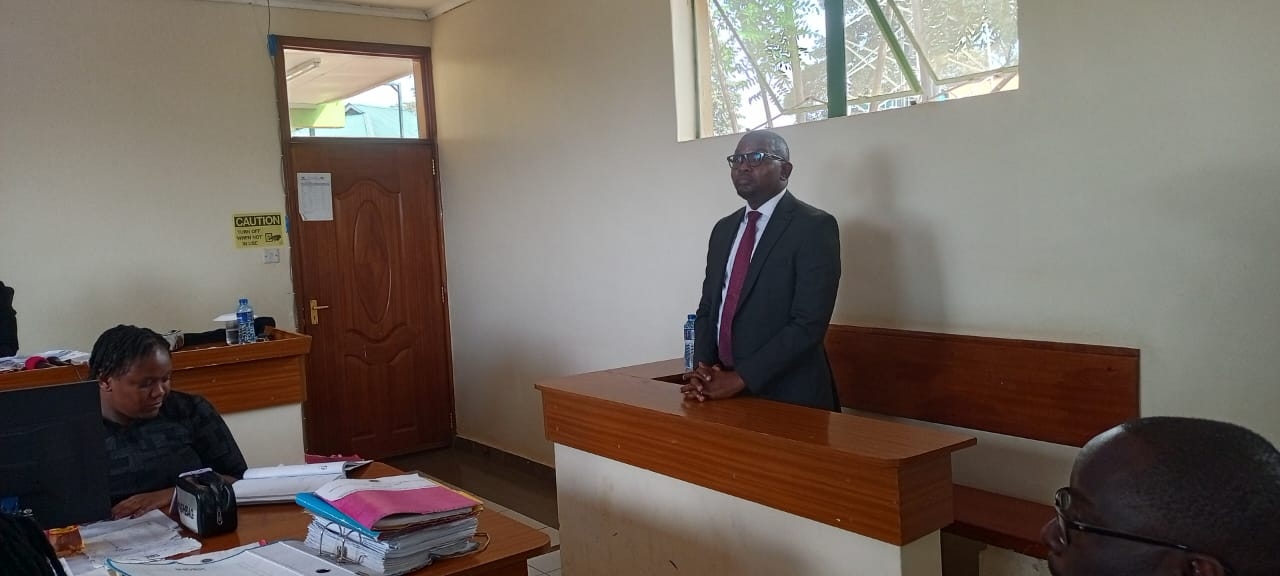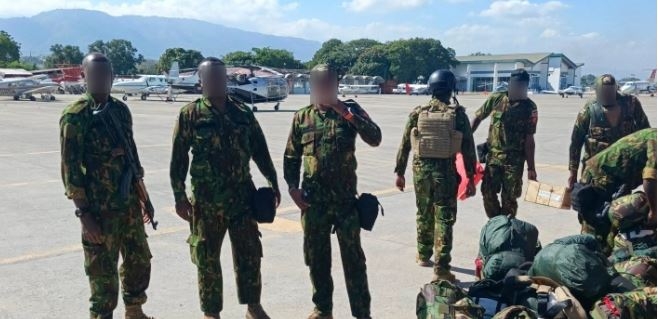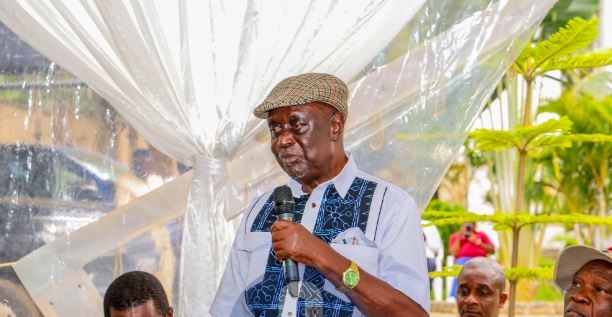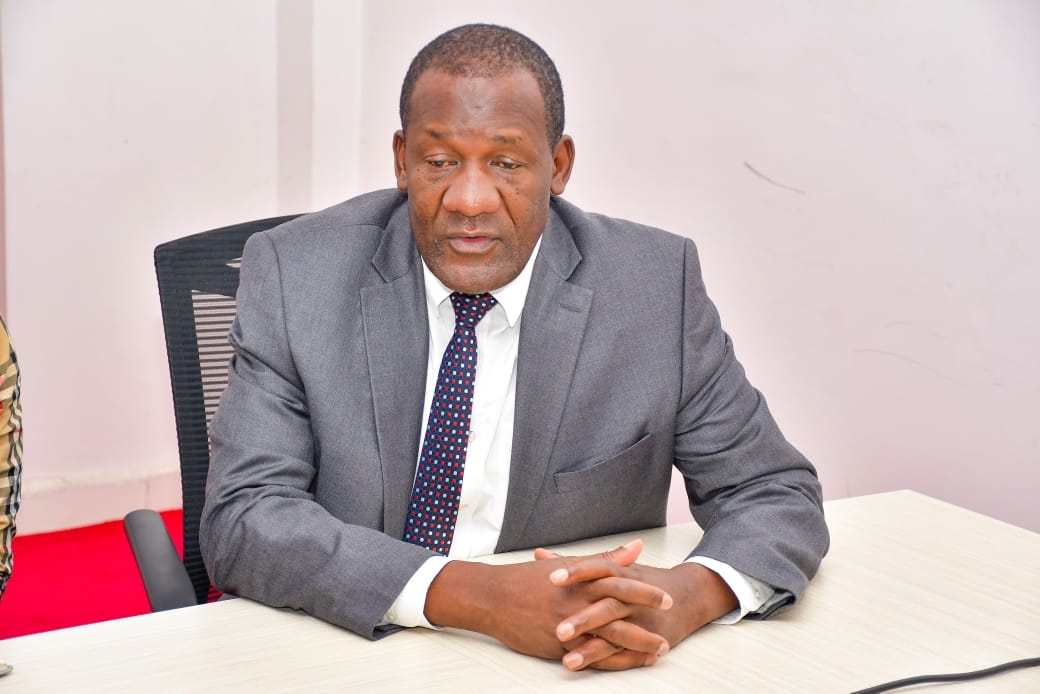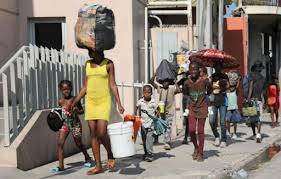
Severe hunger and abject poverty in Haiti is forcing children to join marauding gangs that have had the country in a chock-hold for years now, Human Rights Watch has said.
The rights group said the gangs have recruited hundreds if not thousands of children as young as 10, some even younger, and enrolled them into illegal activities in exchange for food and cash.
“They receive payments between 100 and 20,000 gourdes [under $1 to $150] per month, as well as food and shelter if they need it,” the NGO said.
The payment for their activities is their only means of support to meet basic needs.
Most live on the streets in extreme hardships while some stay with their families but their parents’ meagre earnings can barely sustain them.
Criminal groups control nearly 80 per cent of Haiti’s capital, Port-au-Prince.
According to the United Nations Children’s Fund (UNICEF), an estimated 2.7 million people, including half a million children, live under their control.
In a report, Human Rights Watch said the children view the criminal gangs as their only source of ‘employment” in the absence of legal economic or social opportunities to earn a living.
The rights group said the criminal groups are the de facto authorities providing essential goods and “employment”.
“I joined the gang because I had nothing. I was out on the street, starving, with nowhere to sleep, no clothes, nothing…The day I joined, they gave me 1,150 gourdes [US$9] and food,” a 14-year-old orphan living on the street said during an interview.
Human Rights Watch said the story is similar for many other children in the capital Port-au-Prince where gangs such as Village de Dieu, Gran Ravine, Gang of Brooklyn, Gang of Belekou and Tibwa Gang reign supreme.
The lobby group said the criminal groups use hunger to pressure the children to stay, telling them they would starve to death if they left.
They are trained in handling weapons, loading cartridges and managing communication devices, among other tasks.
The rights group said some groups deploy the children on the frontline during clashes with the police, or rival gangs where their work is mostly to reload magazines and carry weapons.
“Boys are used as informants (“antennas”) to provide information on police patrols or facilitate robberies, running errands such as purchasing food or clothing for leaders,” Human Rights Watch said.
It added that in some cases, the children are sent on looting, extortion and kidnapping assignments.
Nearly 1,000 schools in Haiti’s Western region where the capital is located were closed for much of the last school year due to looting or violent attacks providing easy targets for the gangs to recruit.
The closure of schools left an estimated 160,000 children deprived not only of education but school meals as well, Human Rights Watch said.
Most of the schools are now hosting displaced families with Human Rights Watch quoting a senior UN official as saying there are no plans in place or resources to reactivate them or relocate the displaced populations.
The sorry state of affairs in the Caribbean country informed the formation of the Multinational Security Support (MSS) mission led by Kenya to help the Haitian National Police contain the gangs.
“Everything is being done to ensure that we minimize casualties of both our security men and civilians even as we deal with the criminal,” President William Ruto said.
He spoke at State House, Nairobi, during a joint media briefing with Prime Minister of Haiti Garry Conille, who is in the country on a four-day official visit.
Ruto called on global partners to accelerate their contribution to the personnel, logistics and finances to sustain and expand the mission for a peaceful, stable and secure Haiti.
“The Prime Minister just came out of the UAE and has committed to support this mission. Other consultations are going on; additional equipment and air support has been provided thanks to the Prime Minister’s coordination,” Ruto said.
"We can do more, and the partners need to step up."
The presence of the Multinational Security Support (MSS) mission led by Kenya, Human Rights Watch said, has increased the recruitment of children as a response to law enforcement operations.



